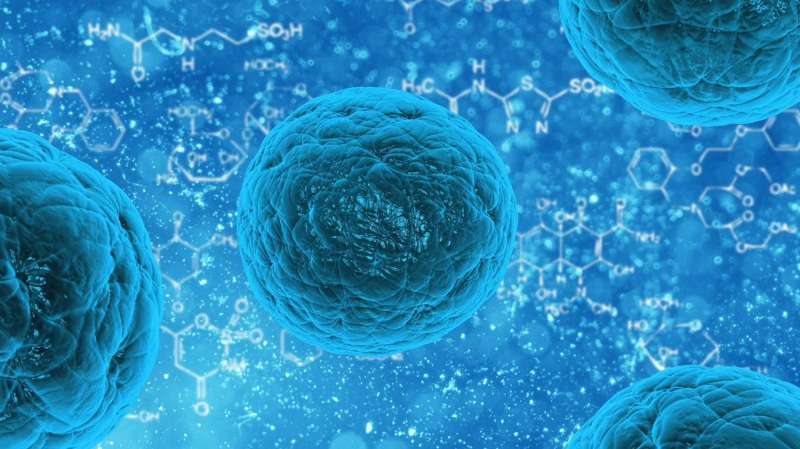
Little biomedical research is more heavily regulated and fraught with controversy than that of the embryo. Most embryos for research were originally intended for infertility treatment, but donors later consented to changing the purpose of their use. As iPS cell technology proceeds, however, eventually donors will only need to give blood samples, which can then be converted by iPS cell technology into sperm and eggs to produce embryos. Two new studies by CiRA bioethicists examine how much tolerance the Japanese public currently has for this type of research, with implications on how much will be permitted by the country.
While human babies being born from iPS cell technology is currently only science fiction, Prof. Misao Fujita of the Uehiro Research Division for iPS Cell Ethics at CiRA who led the studies, says that it will almost certainly be science in the future.
“Researchers have successfully made sperm and eggs from mouse stem cells to generate offspring. It is only a matter of time until we can do the same with humans,” she said.
That is, if the science is permitted to continue unbound. A key factor in just how far science will go depends on how much society will allow it. Therefore, Fujita and her colleagues conducted an online survey of over 3000 Japanese at 20 to 80 years old to learn their opinions.
The participants were asked the extent to which they would accept human iPS cells being used for embryo research broken into four stages: not at all; up to the generation of sperm and egg to study embryo development and infertility (first stage); up to the generation of embryos to develop therapies and provide embryos for research (second stage); and, finally, up to the implantation of embryos into women who will eventually give birth (third stage).
“It is important to note that if respondents accept up to the third stage, it means that they accept the first and second stages as a precondition,” stressed Dr. Kyoko Akatsuka, another author of the papers.
A clear majority were concerned that research could expose the child to unknown risk and promote designer babies, but the survey also found that the public was almost equally supportive of the four categories.
In other words, said Akatsuka, “more than three-quarters of people accept some level of this research and more than half accept it to create embryos.”
Interestingly, those most opposed showed less interest in iPS cell research and a low understanding of its purpose. Furthermore, the acceptance of these embryos for reproductive purposes depended on the couple who would benefit from the research.
For example, the Japanese public was far more receptive if the parents were a heterosexual couple for whom infertility treatment was likely to fail than a homosexual couple, single parent, or even a heterosexual couple if the mother had already reached menopause.
These attitudes are consistent with the circumstances in Japan, explained Akatsuka, who said, “presently, only heterosexual married couples of reproductive age are eligible for infertility treatment in Japan.”
Nevertheless, there are some inconsistencies that Fujita would like to see change.
Source: Read Full Article
